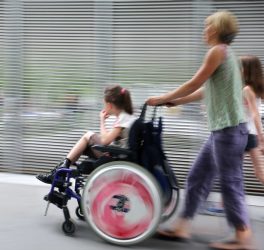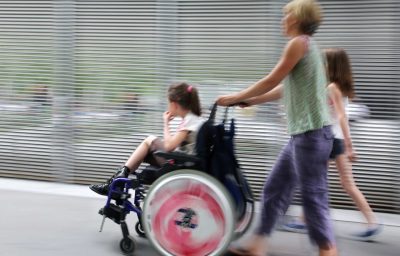
People with disabilities working in the legal profession face a culture and practices that hamper efforts to build successful careers, a study concludes.
The research by Cardiff University academics draws on focus groups, interviews and surveys with solicitors, barristers, trainees and paralegals from across the UK. It was commissioned by DRILL (Disability Research on Independent Living and Learning), a £5 million research programme led by people with disabilities. Researchers also worked with the Lawyers with Disabilities Division of the Law Society.
Findings reveal many participants – drawn from across the legal profession – hide their disability when applying for training places or jobs. They also encounter hostility and discrimination at work – including when seeking the ‘reasonable adjustments’ to their working environment or practice they are entitled to under the law.
More than half (54%) of disabled solicitors and paralegals involved in the study thought their career and promotion prospects inferior to their non-disabled colleagues. Some 40% either never or only sometimes tell their employer or prospective employer they are disabled. Just 8.5% of respondents who were disabled when they started their training disclosed their disability in their application.
Academics say this concern at the likely response to their disability means many legal professionals do not seek the reasonable adjustments they are entitled to under the law.








